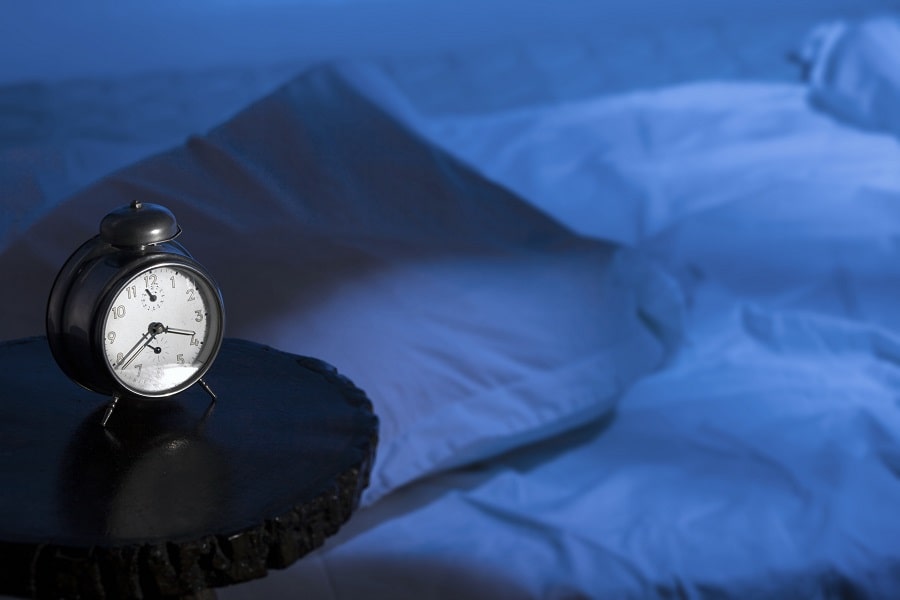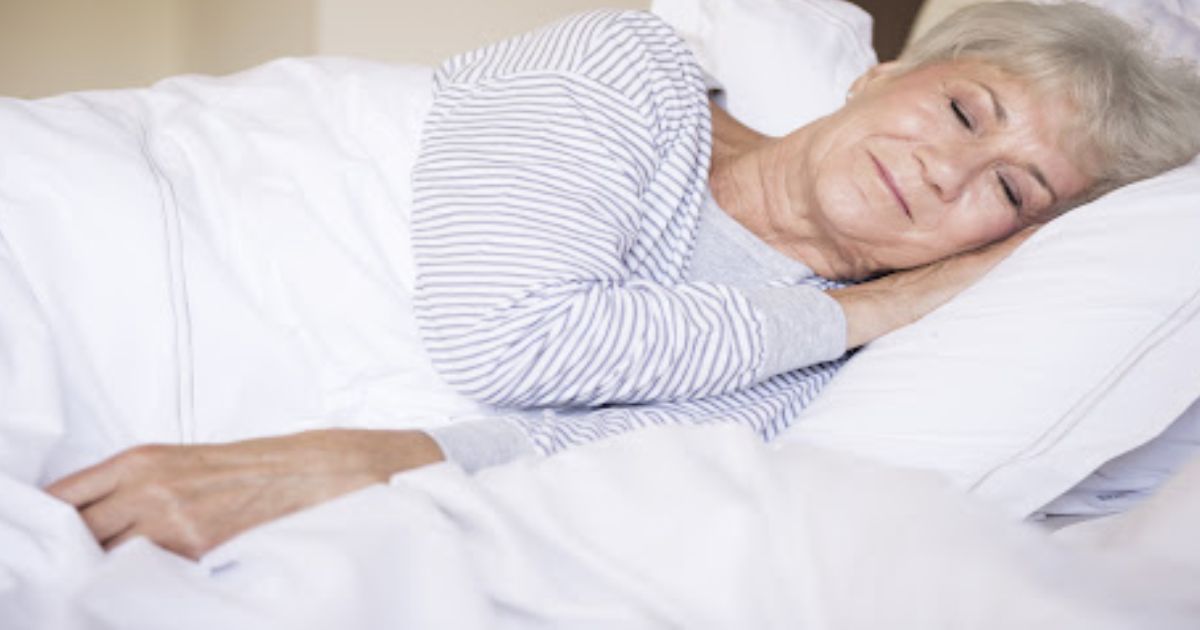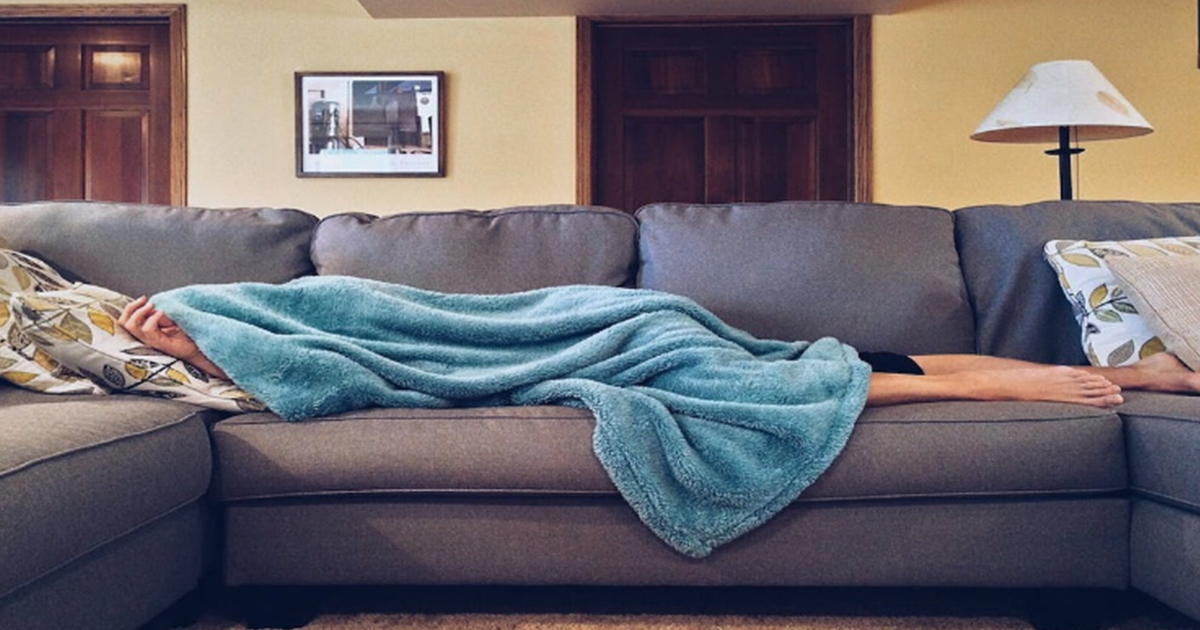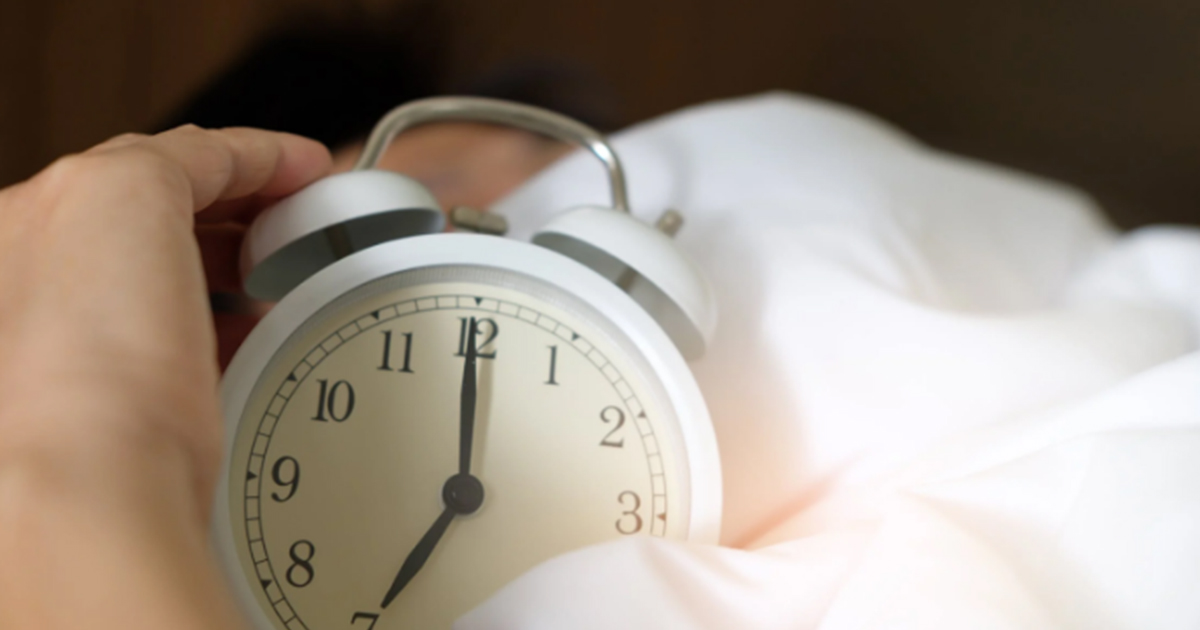To understand circadian rhythm sleep disorders, it is essential first to understand circadian rhythm. The circadian rhythm is the body’s natural “clock” that occurs over a 24-hour period.
In addition to other bodily functions, it dictates the body’s natural inclination for sleepiness as well as wakefulness. Most individuals are naturally most sleepy around 11 p.m., and most wakeful around seven a.m.
Circadian rhythm sleep disorders occur when this natural rhythm is off balance. Individuals can experience either intrinsic or extrinsic causes of these sleep disorders. Intrinsic circadian rhythm sleep disorders occur when a person’s circadian clock is off balance from the rest of society—its cause is “built-in” or “internal.” External circadian rhythm sleep disorders occur when an individual’s sleep pattern is disrupted by external factors such as an unusual work or school schedule.
Common Circadian Rhythm Sleep Disorders
There are several circadian sleep disorders. Below we’ll examine a few of the most common ones.
Delayed Sleep Phase Syndrome (DSPS)
DSPS is characterized by feelings of being tired later at night than most people are. Delayed melatonin production causes these individuals to stay up later.
Advanced Sleep Phase Syndrome (ASPS)
ASPS is in many ways the inverse of DSPS. Individuals experience an earlier onset of sleepiness than most people, causing them to go to bed earlier and rise earlier.
Shift-Work Sleep Disorder
Shift-work sleep disorder is a common example of an external circadian rhythm disorder. It occurs when a person’s circadian rhythm conflicts with their work schedule, causing them to experience insomnia or excessive daytime sleepiness. It is associated with working hours outside of the traditional nine to five schedule, such as early morning, late evening and night shifts.
Treatments for Circadian Rhythm Sleep Disorders
Fortunately, treatments exist for patients suffering from circadian rhythm sleep disorders.
Behavior Therapy
Making behavioral or lifestyle changes can successfully remedy certain circadian rhythm sleep disorders, such as maintaining regular sleep-wake schedules, avoiding naps, regular exercise, and avoidance of nicotine or caffeine.
Bright Light Therapy
This therapy helps to calibrate the circadian rhythm by having patients sit in front of a bright light box during designated times of the day.
Medications
Wake-promoting or sleep-inducing medications can also be prescribed, depending on the type of circadian rhythm sleep disorder.
Jacksonville Sleep Center
Diagnosing and treating a circadian rhythm sleep disorder with a physician can greatly improve your quality of life. Here at the Jacksonville Sleep Center, our specialty is helping patients across Northeast Florida get the great sleep they need!
We offer the latest technology for sleep disorder diagnosis, assessment, and treatment. If you suspect you are experiencing circadian rhythm sleep disorder symptoms, our physicians and team of specialists would love to see how we can help. Contact us today to schedule an assessment!






